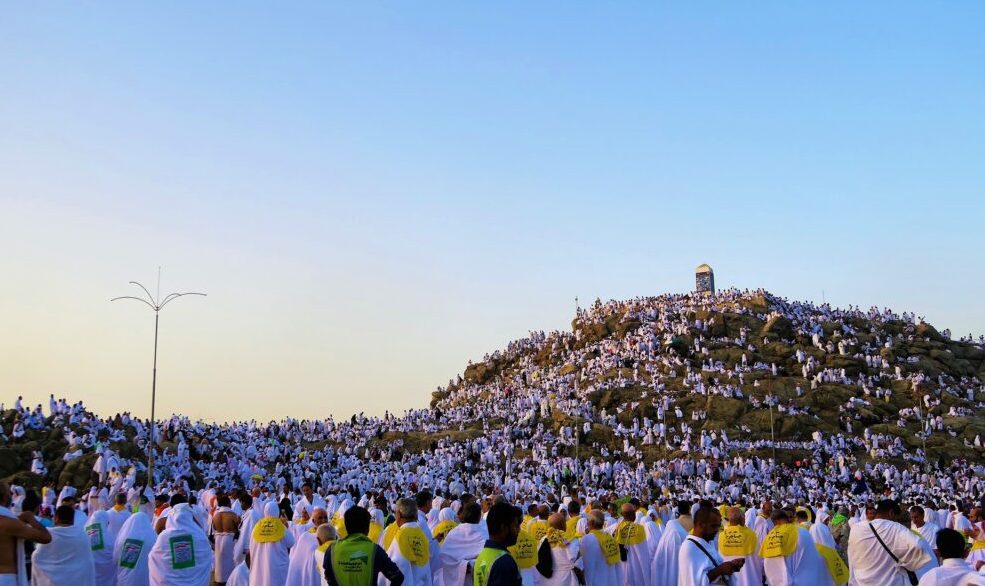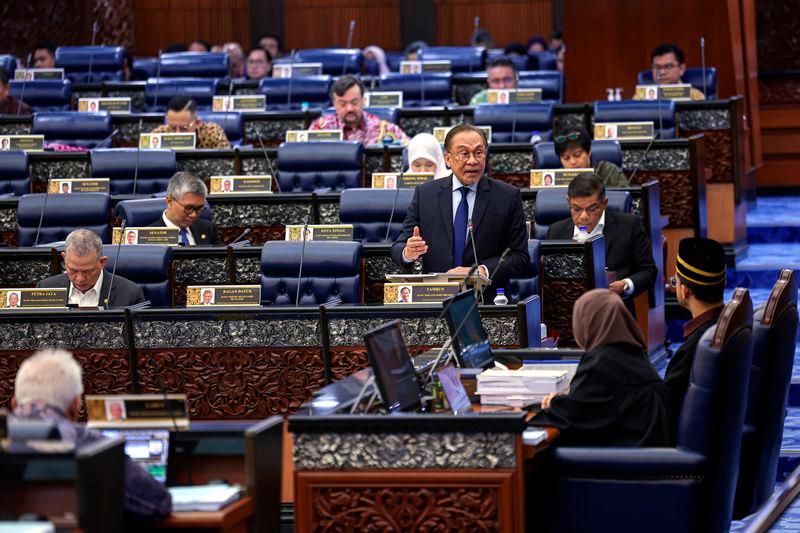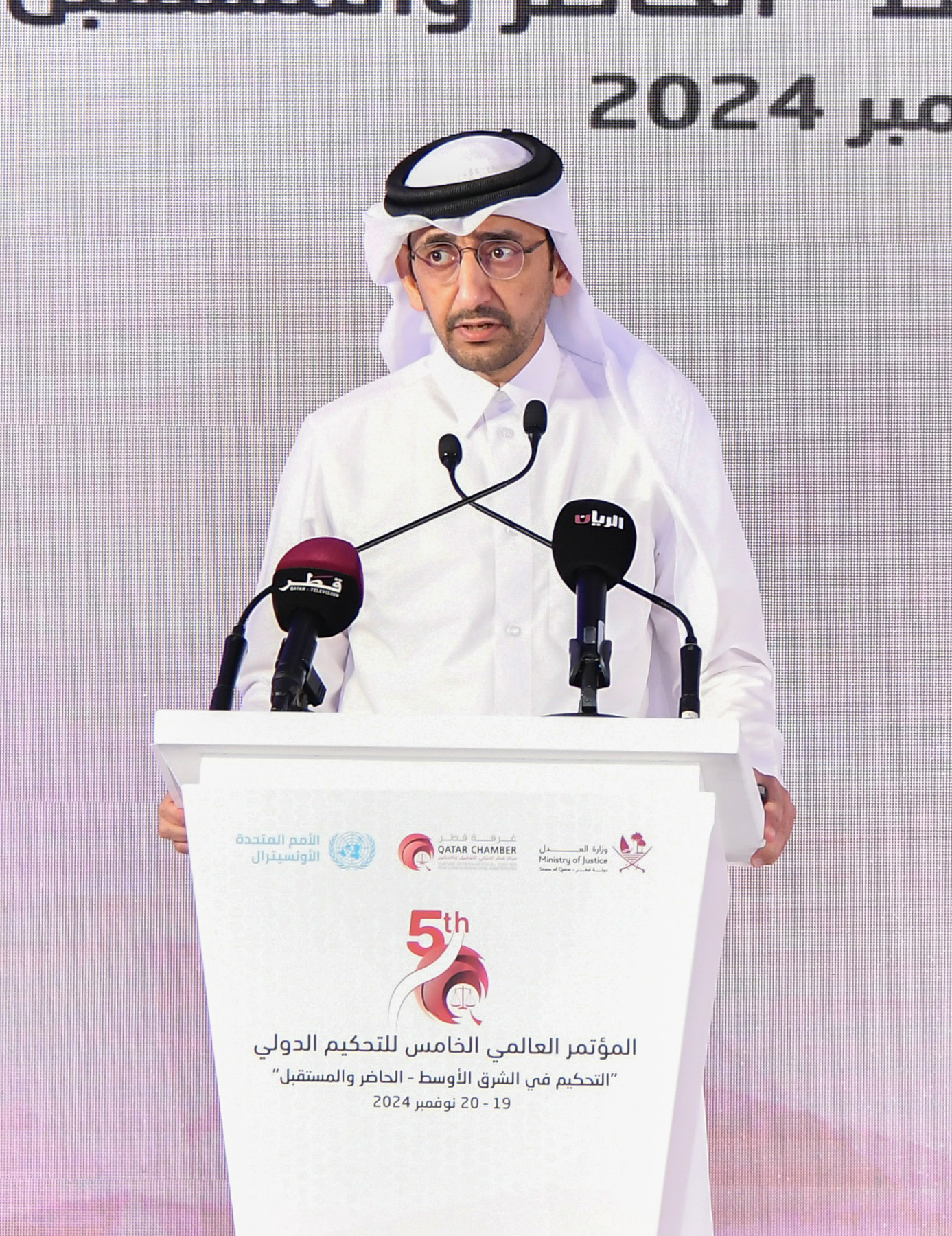This year, Muslims around the world will observe the sacred Day of Arafah on Friday 8th July .
Every year, Muslims eagerly wait for Eid Al Adha—known as the ‘Festival of Sacrifice—to celebrate the symbolism of an important story within the Islamic tradition.
Eid Al Adha lies on the 10th of Dhul-Hijjah, the conclusion to what is believed to be “the best days” of the Islamic year.
It marks the latter of the two Islamic holidays celebrated annually around the world, carrying centuries-old traditions and practices designed to create joy for the occasion.
The significance of the four-day festival lies in its story. The day is observed to honour Prophet Ibrahim’s readiness to sacrifice his son Ismail, after dreaming that God commanded him to do so.
The story narrates that just as Prophet Ibrahim was about to offer his son as a sacrifice to prove his obedience, God sent a ram from heaven to take Ismail’s place.
Due to Prophet Ibrahim’s test of faith, most Muslims around the world offer a ‘sacrifice’ on Eid Al-Adha by slaughtering an animal such as a cow, sheep, or goat, making it the most prominent feature of this Eid.
The meat is then distributed to family, loved ones and those in need.
Eid also follows the Hajj [pilgrimage], during which Muslims from all over the world travel to Makkah, Saudi Arabia, for what is frequently referred to as a “once in a lifetime” experience and one of the five pillars of the Islamic faith.
What is the Day of Arafah?
However, the sacred and virtuous days do not start with the first day of Eid, but with the nine days prior, and particularly the ninth day which is known as the Day of Arafah.
The ninth day of the Islamic lunar month—which falls on 8th July this year—is known as Arafah (or Arafat). It falls on the second day of Hajj and the twelfth month of the Islamic calendar, Dhul-Hijjah.
It is widely believed by Muslims that this day is of the best days in the Islamic calendar, as ordained by God.
Those who were lucky enough to go on pilgrimage in Makkah, congregate on the plains of Arafah on this day to pray and ask for God’s forgiveness and mercy.
On this day, near the end of his life, Prophet Muhammad delivered his final speech to the thousands of Muslims who were performing Hajj with him.
The verse 5:3 of the Qur’an was revealed to the Prophet Muhammad while standing on the plain of Arafah, commemorating the finality of the religion of Islam.
The Prophet (saw) said, ‘There is no day on which Allah (SWT) frees people from the Fire more so than on the Day of ‘Arafah. Indeed, He draws near and then boasts of them to the angels then says, “What do these want?“’ [Muslim]
Muslims around the world usually fast on the day of Arafah, as an act of worship and repentance.
Islam teaches Muslims to regard the day as a day of great forgiveness and cleansing.







